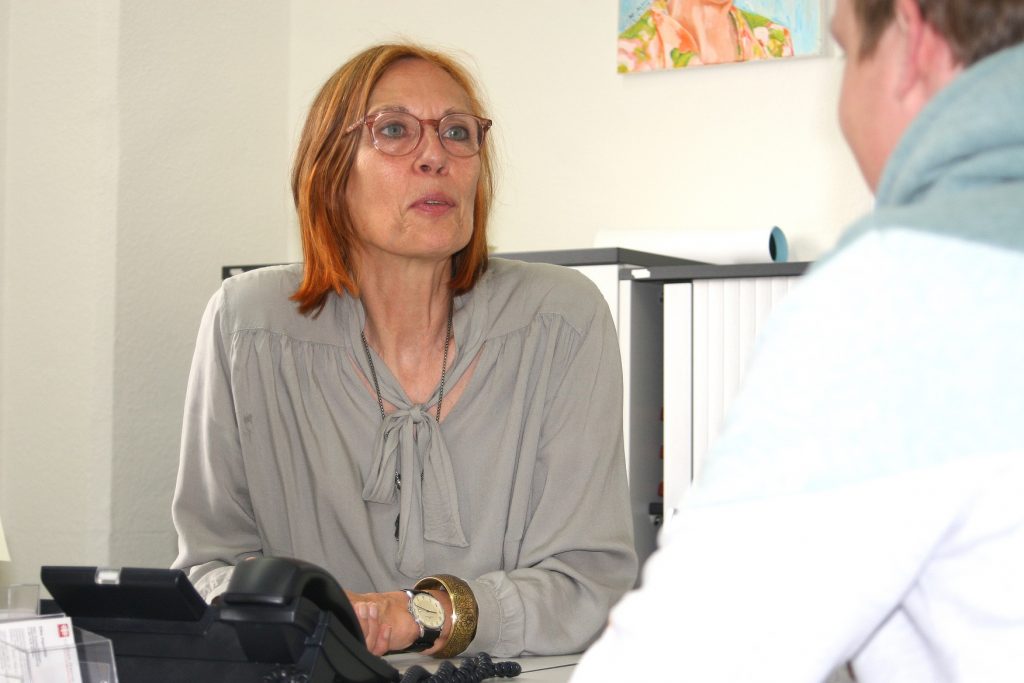When the passport separates the family

Rheine. cpr. For the young Eritrean Gete Tagel from Rheine, the tearful and energy-sapping struggle for family reunification with her eight-year-old son Amanuel came to an end. After six years of separation, she was able to embrace the eight-year-old boy. Eritrea is among those with the lowest annual per capita income on the scale of least developed countries. Protection for girls and women against sexual violence and genital mutilation is not guaranteed there. Although prohibited by law, over 80% of girls and women undergo genital mutilation. Very few cases are brought before the courts. No one is punished for the acts of violence.
At the age of 13, the now still young woman was hunted down and raped by soldiers from her country. Due to poverty and constant fear of mistreatment by soldiers, the young mother decided to leave the country in 2016 at the age of 14 and seek a safe future in Europe for herself and her son. The son remained in the care of an acquaintance in Nairobi, Kenya. Her months-long flight took her via Sudan and Libya to Rheine, where she was recognized as a refugee under the Geneva Convention of Human Rights in 2017. Once she arrived in Rheine, she lived in the Caritas home for children and young people until she reached the age of majority and was cared for there by the staff. She was also supported by the refugee counselor of the Caritas Association Rheine, Elke Parniske, in bringing her child to Germany. Nevertheless, it took six years until the mother could see her son again.
The application for family reunification failed because the son did not have an Eritrean passport at the German embassy in Nairobi. Cooperation with the Eritrean state to obtain the documents was another obstacle, as corruption and extortionate demands on petitioners are commonplace here. In order to establish that the mother and child belonged together, a DNA procedure was therefore sought to circumvent the need to present a passport. It was not until October 2021 that the good news came from Nairobi that Amanuel’s case was finally at the immigration office in Rheine. There it was quickly determined that the child would be allowed to enter the country under the given conditions. Nevertheless, nothing happened in Nairobi for half a year.
After a long wait, refugee counselor Parniske received an e-mail from the embassy in Nairobi. A visa to enter the country could be granted. After two months and many attempts to contact the Foreign Office in Berlin, Parniske received verbal information there in June that the visa had been printed. After a brief complication due to a missing stamp in the eight-year-old’s passport at Amsterdam Airport, mother and child were finally back in each other’s arms there. The very next day they met with Parniske, and the boy’s integration in a school in Rheine could now be initiated. “Years of feelings of helplessness, despair and anger have not simply gone away,” the mother can report after the family reunification. She and her son are overjoyed. The refugee counselor is also pleased with the outcome, saying, “Fortunately, not all of our cases are this complicated. However, this one was also emotionally stressful for everyone involved, since it involved the fate of a child,” says Parniske.